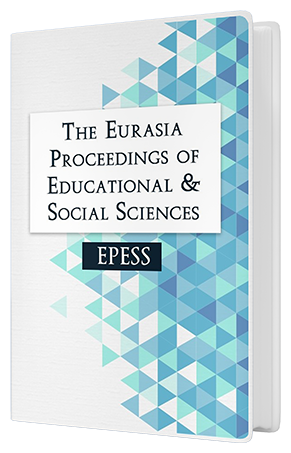Moderating Effect of Investment Opportunity in the Association of Market Response and Capital Expenditure
DOI:
https://doi.org/10.55549/epess.1222715Keywords:
Investment spending, Investment opportunities, Market response, Large capitalizationAbstract
This study aims to reveal empirical evidence related to the market response to investment spending associated with investment opportunities, considering that investment opportunities is a crucial factor in capital expenditure decisions. This study used data from the Indonesia Stock Exchange in 2016-2021. The sample is only devoted to large-cap companies because this kind of company concerns investors more. The sample does not exclude the business sector, as in previous studies. Following previous research, investment opportunities are measured by Tobin's Q (TQ); a TQ of more than 1 indicates a higher investment opportunity and vice versa. The results show that the market responds negatively to investment spending, and investment opportunities moderate the market's response to investment spending. In addition, it was revealed that the industrial sector strengthened the influence of investment spending on market response. Therefore, management needs to consider investment opportunities before making investment expenditures to avoid getting caught up in overinvesting or under-investing, both of which are detrimental to the company. This study also adds empirical evidence in developing countries where the information gap between management and external parties (markets) is still vast.Downloads
Published
Issue
Section
License
Copyright (c) 2022 The Eurasia Proceedings of Educational and Social Sciences

This work is licensed under a Creative Commons Attribution-NonCommercial-ShareAlike 4.0 International License.
The articles may be used for research, teaching, and private study purposes. Any substantial or systematic reproduction, redistribution, reselling, loan, sub-licensing, systematic supply, or distribution in any form to anyone is expressly forbidden. Authors alone are responsible for the contents of their articles. The journal owns the copyright of the articles. The publisher shall not be liable for any loss, actions, claims, proceedings, demand, or costs or damages whatsoever or howsoever caused arising directly or indirectly in connection with or arising out of the use of the research material. All authors are requested to disclose any actual or potential conflict of interest including any financial, personal or other relationships with other people or organizations regarding the submitted work.




